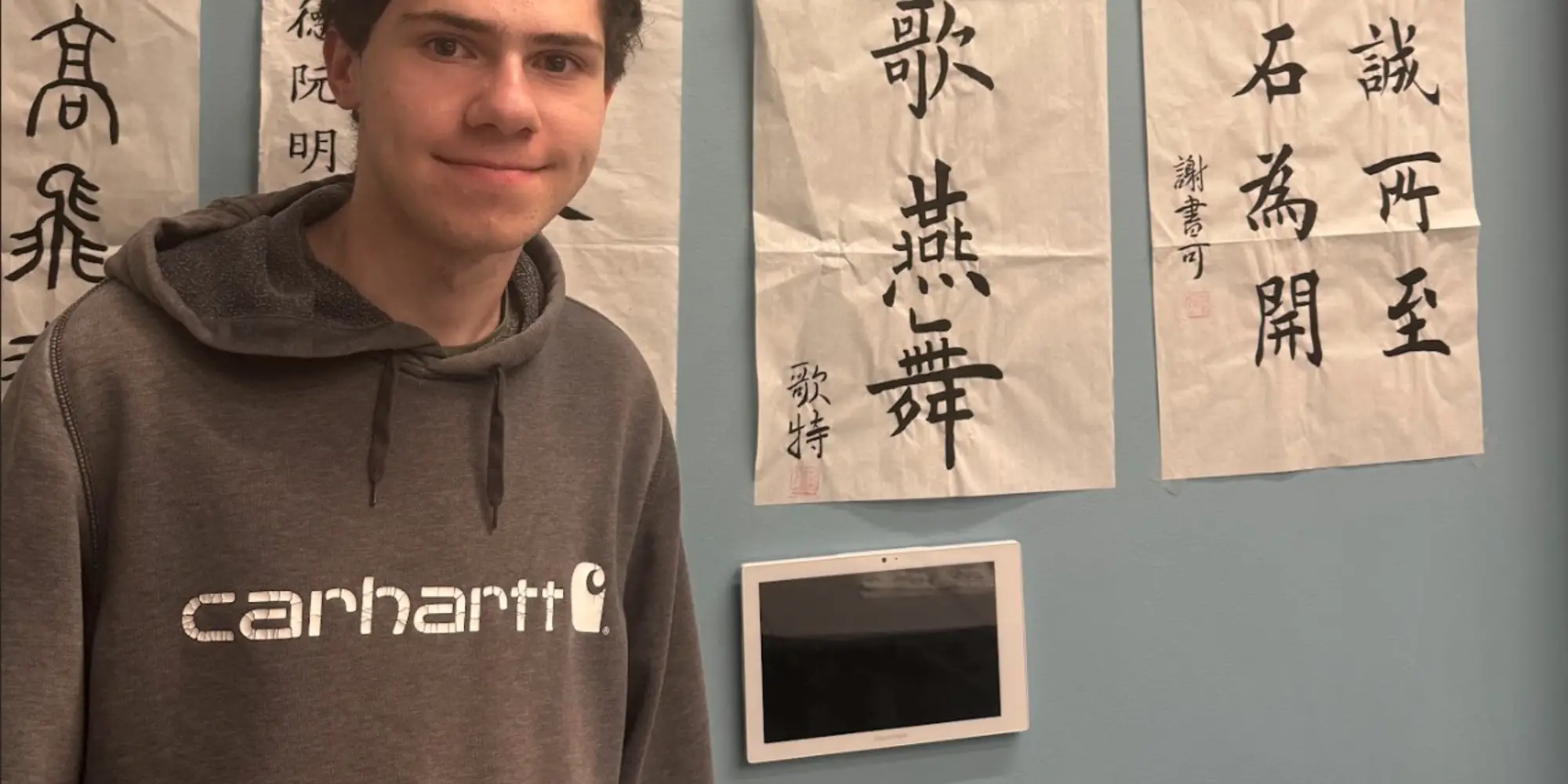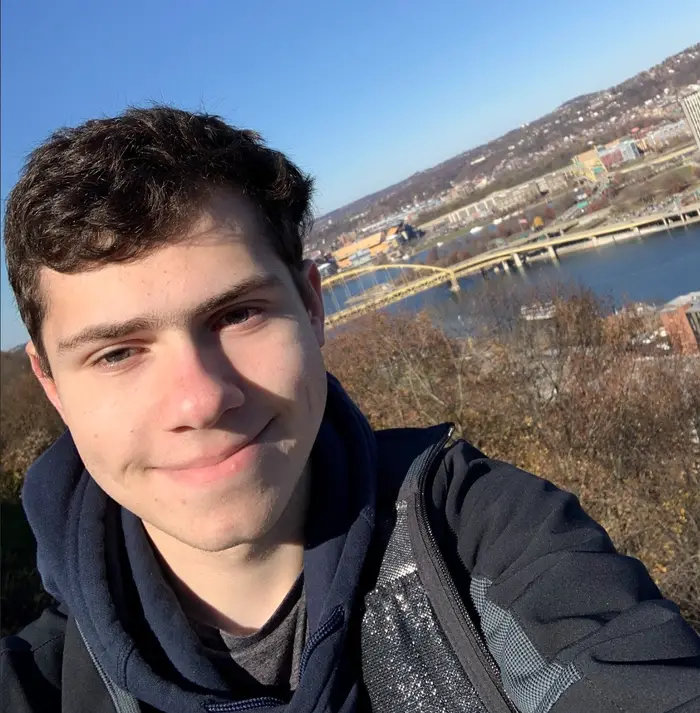
My Experience Studying in Dietrich College at CMU
by Peter S.
Hi, I’m Peter! I’m a rising third year undergraduate student in the Statistics and Data Science Department in the Dietrich College of Humanities and Social Sciences in the Statistics on the Mathematical Sciences track. My experience in Dietrich is hallmarked by an incredible degree of cross–disciplinary study and numerous academic, professional and social collaborative opportunities spanning across the entire CMU community.
As a freshman entering CMU, I was confident that I’d want to work in a field of statistics but didn’t know which applied discipline I’d want to work in. Statistical analysis and inference are broadly applicable across nearly every profession, and students in the Statistics and Data Science Department are encouraged to select a concentration area by pursuing at least a minor in another department which complements Statistics and Data Science, which can be anything from minors in Machine Learning (School of Computer Science) or Computational Finance (Mellon College of Science) to Behavioral Science (Dietrich College) to Animation and Special Effects (Integrative Design, Arts and Technology).
Fortunately, the Dietrich College General Education Program is a fantastic program that helped me find my concentration. The general education program includes 13 classes — at least five of which must be completed during freshman year — and introduces students broadly to the various disciplines around the university.
My first semester I took 66–141: DC Grand Challenge Seminar: Freedom of Speech & Academic Freedom with Dean Scheines and Assoc. Dean Carver. This class was fantastic. The course was focused on covering academic freedom and freedom of speech from different angles and brought in a guest lecturer most weeks. I particularly remember CMU Assistant General Counsel Dan Munsch’s discussion on the law surrounding freedom of expression one week and Vice President for Student Affairs and Dean of Students Gina Casalegno’s lecture about the nuanced role of trigger warnings and safe spaces on campus. The course culminated with a class project where each student produced a paper overviewing freedom of speech and academic freedom in another country and then synthesized with students who studied countries in the same region to create a poster to present about regional patterns in freedom of speech and academic freedom. With the advice of Dean Scheines and Assoc. Dean Carver, in the spring I worked with co–editors Novosat and Kohler to further refine my paper and publish it in WOVEN: An Interdisciplinary Journal of Dietrich College.
In the spring, I took 21–127: Concepts of Mathematics with Asst. Professor Quintana. This class requires no prerequisites and introduces students to discrete mathematics, including topics such as set theory, basic proof techniques, counting principles and modular arithmetic. This class sparked my passion for mathematics, and after further research into further coursework such as stochastic processes, operations research and combinatorics, along with discussion with upperclassmen students studying math, I decided this was the concentration I wanted to pursue.
My sophomore fall I took 84–355: Democracy's Data: Analytics and Insights into American Elections with Asst. Professor Cervas. This class was an interesting mix between political science and statistics, where we discussed and analyzed the politics leading up to the 2024 election. My favorite project in this class was near the end of the semester, when Professor Cervas gave us a dataset of when and where each of the presidential and vice–presidential candidates did campaign stops leading up to the election and told us to do something cool with it. I ended up doing a day of the week analysis, where I loaded the data into R, cleaned and refactored the data, and then produced bar plots to determine if, for instance, Republicans or Democrats did more campaign stops on Sundays. Besides being an entertaining class, it also widened my horizons of disciplinary applications of statistics, as I would have never thought of looking into working as a research assistant in the Carnegie Mellon Institute for Strategy and Technology prior to taking this course.
These three classes each fulfill different general education requirements and have helped to shape my experience in Dietrich College!
